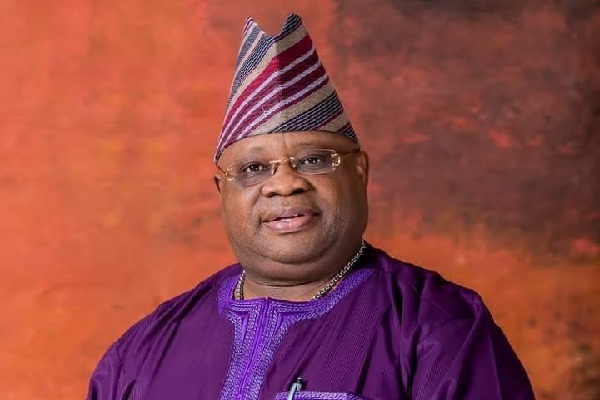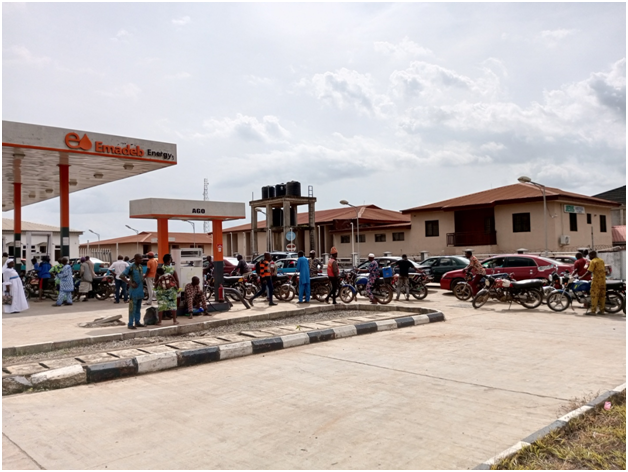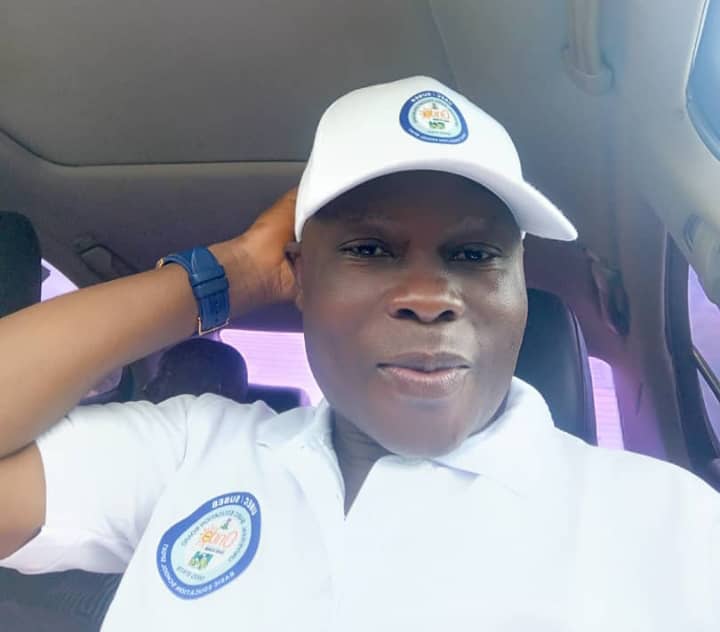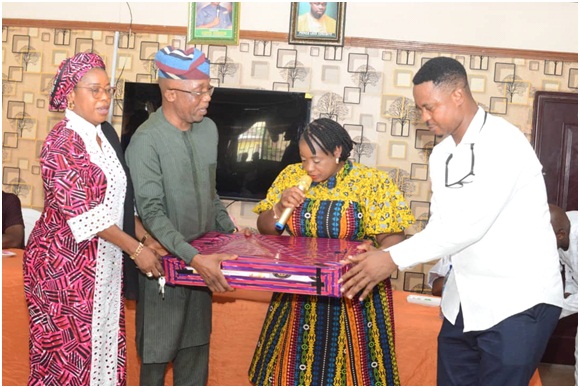Gains of increase in polling units in Ondo
By Babatunde Ayedoju
|
The Independent National Electoral Commission (INEC) in Ondo State last week announced the creation of additional 924 polling units across the 18 Local Government areas of the state ahead of the 2023 general elections.
The State Resident Electoral Commissioner (REC), Dr Rufus Akeju, said this in Akure at a stakeholders meeting for the implementation of the expansion of voter access to Polling Units (PUs) in Nigeria. According to Akeju, the additional 924 polling units will increase the number of polling units in the state to 3,933. The REC explained that the commission arrived at the figure by converting existing voting points that met the minimum threshold of 750 or a maximum of 1,000 voters per polling unit.
The Resident Electoral Commissioner said the commission has received numerous letters from voters complaining of being disenfranchised due to the far distance of the polling units to their locations. Akeju also noted that the decline in voters turnout in the last four electoral cycles could be because voters had to trek long distances to access their polling units.
He said further, “The results from the field works are currently undergoing verification and the new polling units in their locations will be reflected in the forthcoming Continuous Voter Registration exercise. We have been receiving letters for the past 25 years over inadequacies of polling units. People trek long distances and some are afraid of likely electoral violence,” he said.
According to the state’s electoral umpire, the increased polling units would be available for the 1,822,346 voting population of the state.
Earlier this year the electoral body had given a hint that it would establish more polling units across Nigeria as it adjusted its thresholds for voting points. Then it disclosed that the adjustment would reduce the lower and upper thresholds for voting points from 750 and 1000 to 500 and 750 voters respectively.
Section 42 of the Electoral Act mandates INEC to “establish sufficient number of polling units in each Registration area and allot voters to such polling units.” However, the commission usually carries out this mandate with consultations with stakeholders in the electoral process, including the political parties.
During the latest consultation with stakeholders, it was agreed that a polling unit should have a minimum of 750 and maximum of 1000 registered voters. INEC has since 2015 created voting units to support polling units that have more than 500 registered voters. In 2019, the commission raised the threshold to 750 registered voters. The current exercise is expected to lead to the conversion of those voting points to standalone polling units alongside others that may have met the thresholds. INEC Chairman, Mahmood Yakubu had on 2nd of March, issued the Guidelines for Expanding Access to Polling Units, which contain the thresholds for voting points agreed with the stakeholders.
The exercise took place in some other states as well. For instance, 2,239 new polling units were created in Delta State for the conduct of future elections. Following the creation of the additional polling units, Delta state now has a total of 5,863 voting points spread across the 25 local government areas of the state. Ogun State also got 1,832 new polling units as part of its voter access expansion. This latest development brings the total number of polling units in the state to 5,042 polling units.
What is the implication of this development? Is it justifiable? To answer these questions, The Hope spoke with some Don’s.
Dr. Adedayo Afe from the Department of International Studies, Adekunle Ajasin University, Akungba-Akoko, said, “It is normal, because by reason of increase in population the number of voters will increase. But they should also review the voters’ list because people also die. Names of such people who have died should be removed from the voters’ list as well. Ideally, it is something that we should be doing from time to time and they should be fair to everybody. Not that a part will have bogus figures and another part will not be well treated.”
Mr. Sola Isijola from the Department of Political Science and Public Administration, Adekunle Ajasin University, Akungba Akoko stated that, “It’s good for participatory democracy so that the complaint of people who live far from polling units can be addressed. Except on the day of election, the polling points that we have are not well publicised. Sometimes we have polling points beside the polling unit in the same vicinity. This creates unnecessary crowds. It will enable more people to participate in voting without creating an unnecessarily large crowd in any polling unit. The experience in the past has been that some people would have to trek long distances from their house to the polling units and commercial means of transportation would not be available on such days. With this development, people can easily access polling units, cast their votes and return home.”
Prof Lanre Olu-Adeyemi, another political scientist from Adekunle Ajasin University, opined that, “The polling units were created across the country, not just in Ondo State. The former structure was created around 1997/1998. Therefore, it’s long overdue. It’s just that one is not sure if the ones that have just been created are not lopsided. Around 2016, a similar attempt was made and we realised that over 50 Percent of the polling units proposed that year were to be located in a particular part of the country. Unfortunately, we don’t even know how many of those newly created unit will be in each place. The reason why more polling units are needed is to decongest polling units on the day of election.”










